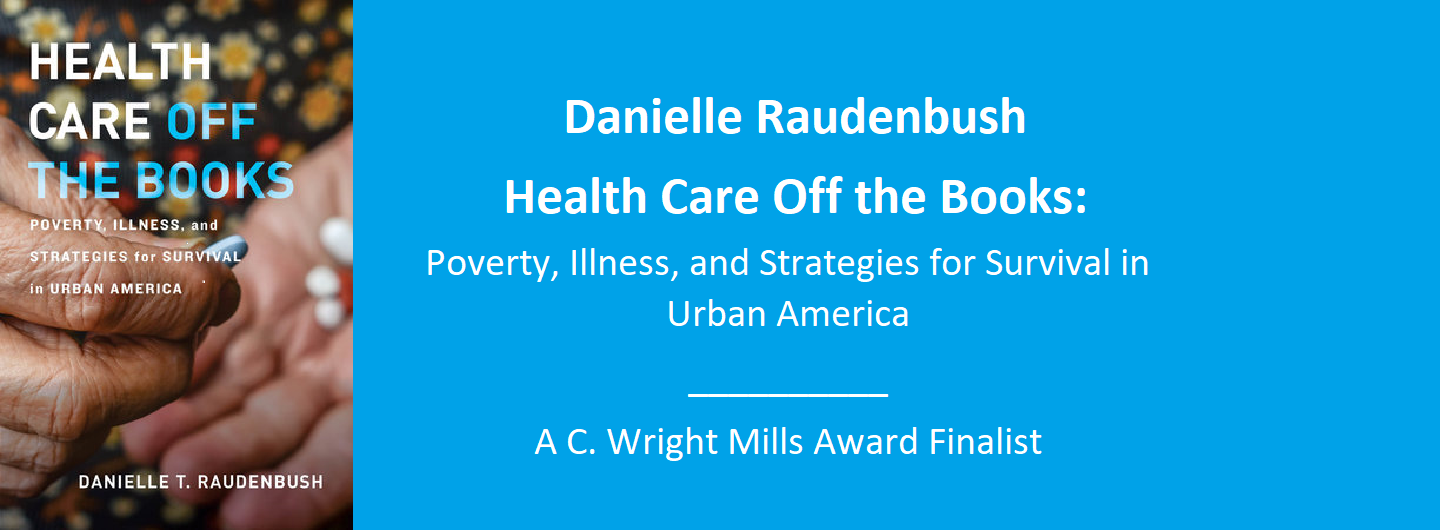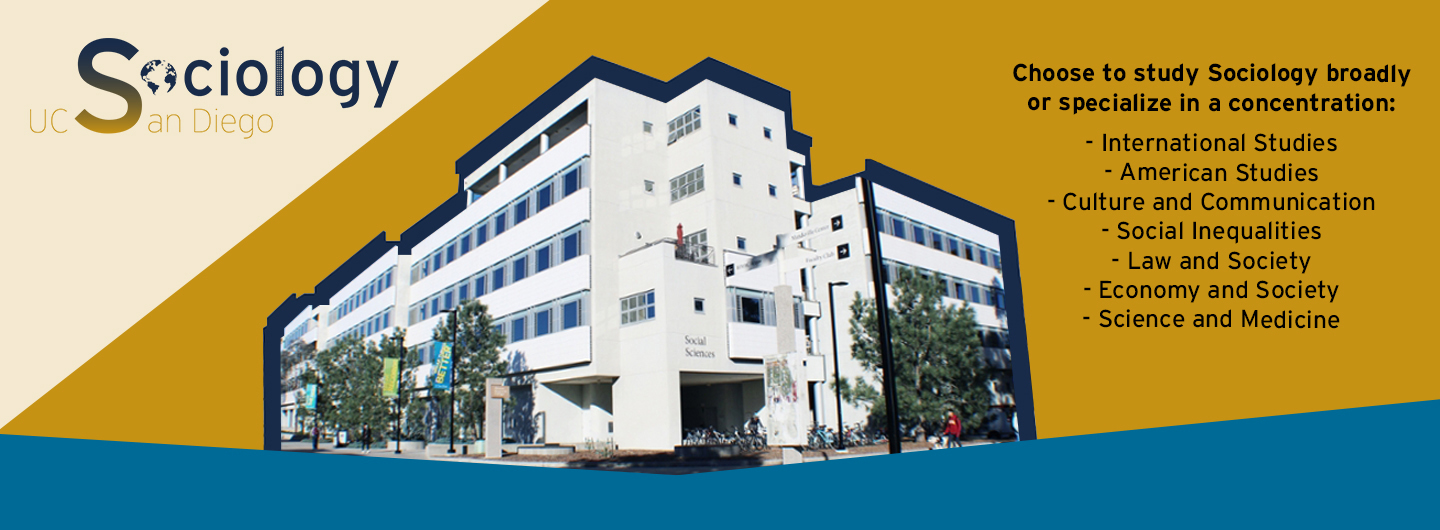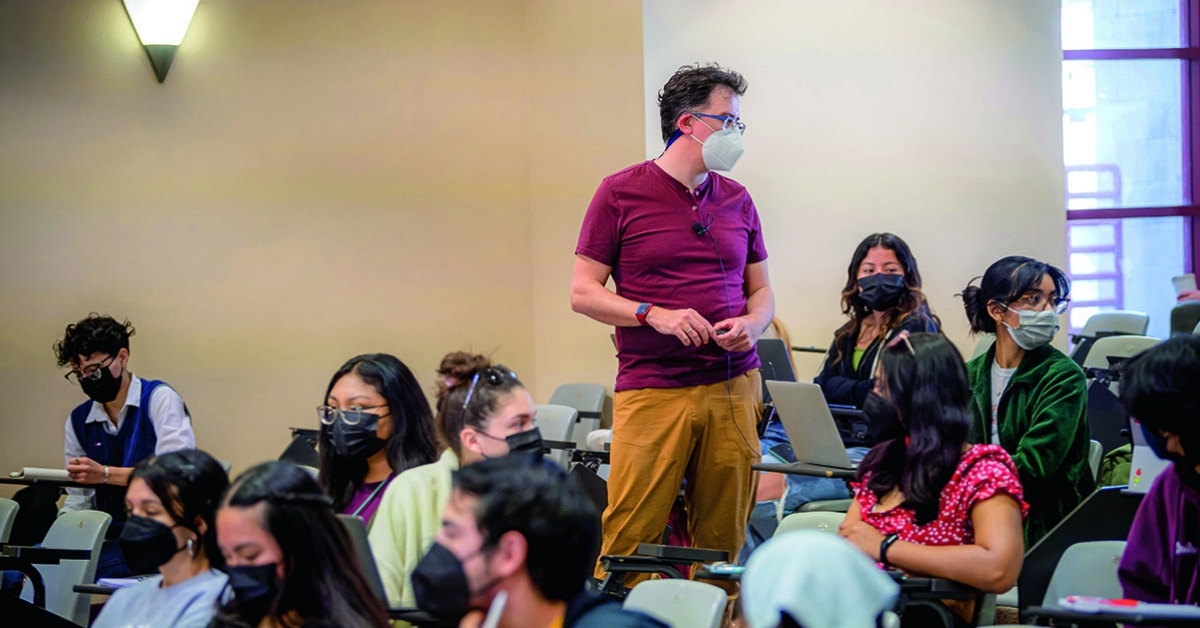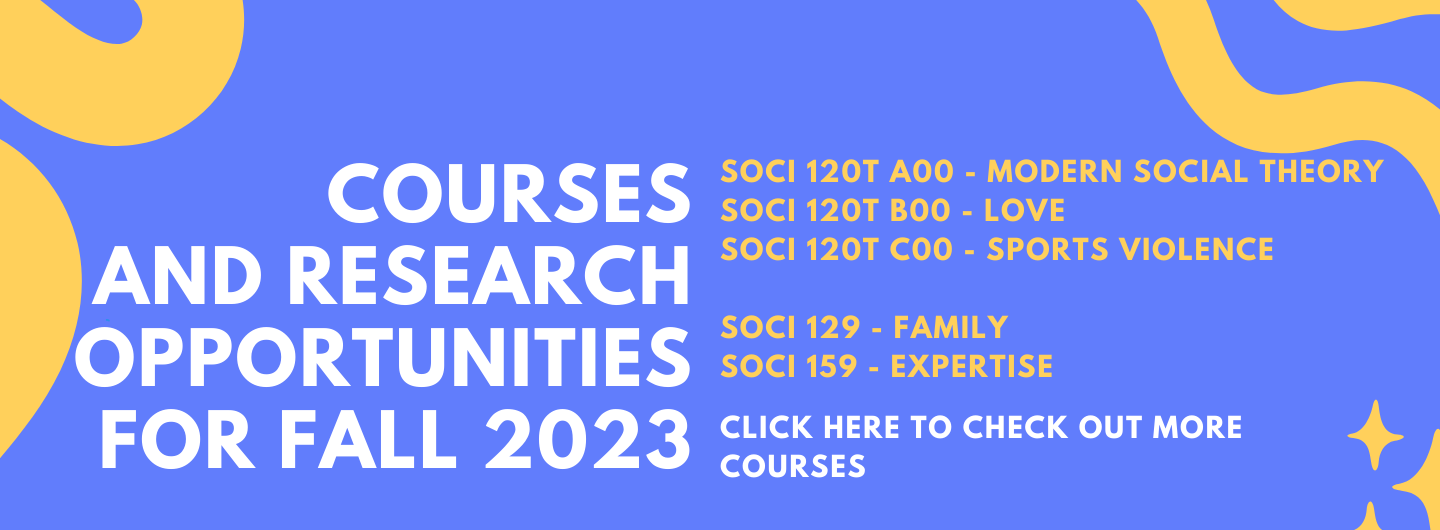Sociology Ucsd Courses
Sociology Ucsd Courses - And sociology of science, technology, and medicine. Web students at ucsd can explore a full range of sociological inquiry through courses in such established fields as third world development, law, culture, social movements, religion, race and ethnic relations, gender roles, medicine, and mental illness. Web for sociology course descriptions please visit the ucsd course catalog at: Sociology 216, sociology of culture; The minor consists of seven sociology courses: Web an introduction to the organizing themes and ideas, empirical concerns, and analytical approaches of the discipline of sociology. Introduction to sociology (4) an introduction to the organizing themes and ideas, empirical concerns, and analytical approaches of the discipline of sociology. Sociology focuses on the systematic understanding of social interaction, social organization, social institutions, and social change. Socg 216, sociology of culture; The course focuses on both classical and contemporary views of modern society, on the nature of community, and on inequality, with special attention to class, race, and gender. We have concentrations in political sociology; The course focuses on both classical and contemporary views of modern society, on the nature of community, and on inequality, with special attention to class, race, and gender. Web the minor consists of seven sociology courses: Sociology focuses on the systematic understanding of social interaction, social organization, social institutions, and social change. Web for. Web students at ucsd can explore a full range of sociological inquiry through courses in such established fields as third world development, law, culture, social movements, religion, race and ethnic relations, gender roles, medicine, and mental illness. Web this is the department of sociology's current course list schedule, but please note it is subject to change. Web for sociology course. Web the department of sociology at ucsd offers an innovative program that covers the breadth of the discipline while giving students opportunities to specialize in areas of their choice, to conduct independent research, and to participate in an honors program. Web for sociology course descriptions please visit the ucsd course catalog at: Enrollment and registration for information on important enrollment. The course focuses on both classical and contemporary views of modern society, on the nature of community, and on inequality, with special attention to class, race, and gender. Web for sociology course descriptions please visit the ucsd course catalog at: Of sociology accepts courses taken p/np in winter 2021 & spring 2021 for both majors and minors. Sociology focuses on. The course focuses on both classical and contemporary views of modern society, on the nature of community, and on inequality, with special attention to class, race, and gender. Web the minor consists of seven sociology courses: Sociology 234, intellectual foundations of the study of science, technology, and medicine; The graduate program the department of sociology at the university of california. Web our phd program is designed for students to contribute to the field of sociology and to teach it. Web after the admissions office's acceptance of course units, the department of sociology independently determines which courses may be applied to the major. Web all courses, faculty listings, and curricular and degree requirements described herein are subject to change or deletion. The course focuses on both classical and contemporary views of modern society, on the nature of community, and on inequality, with special attention to class, race, and gender. Web students must take three out of the following ten courses, which the department offers regularly: Please see the following page for information on major & minor p/np policies for fall 2020.. The minor consists of seven sociology courses: Basic sociological ideas regarding social relations, social interaction, social structure, and social change are examined. The course focuses on both classical and contemporary views of modern society, on the nature of community, and on inequality, with special attention to class, race, and gender. Enrollment and registration for information on important enrollment and registration. Web all courses, faculty listings, and curricular and degree requirements described herein are subject to change or deletion without notice. Basic sociological ideas regarding social relations, social interaction, social structure, and social change are examined. Please see the following page for information on major & minor p/np policies for fall 2020. Freshman seminars are a great opportunity for first year. We have particular concentrations of expertise in the following areas: Web students at uc san diego can explore a full range of sociological inquiry through courses in such established fields as third world development, law, culture, social movements, religion, race and ethnic relations, gender roles, medicine, and mental illness. The minor consists of seven sociology courses: Socg 234, intellectual foundations. Web students must take three out of the following ten courses, which the department offers regularly: We have particular concentrations of expertise in the following areas: Sociology focuses on the systematic understanding of social interaction, social organization, social institutions, and social change. Web the department of sociology provides a challenging curriculum, which offers you a superior liberal arts education and a bright future. Please see the following page for information on major & minor p/np policies for fall 2020. Web our phd program is designed for students to contribute to the field of sociology and to teach it. Web the minor consists of seven sociology courses: Navigate through the following pages for more information on the uc san diego undergraduate sociology program. Web an introduction to the organizing themes and ideas, empirical concerns, and analytical approaches of the discipline of sociology. Web all courses, faculty listings, and curricular and degree requirements described herein are subject to change or deletion without notice. Web for sociology course descriptions please visit the ucsd course catalog at: Web students at uc san diego can explore a full range of sociological inquiry through courses in such established fields as third world development, law, culture, social movements, religion, race and ethnic relations, gender roles, medicine, and mental illness. And sociology of science, technology, and medicine. Sociology 216, sociology of culture; Freshman seminars are a great opportunity for first year and continuing students to learn about a topic in a The graduate program the department of sociology at the university of california san diego offers training in a wide range of theoretical and methodological approaches, from the humanistic to the computational.
UC San Diego Sociology home page

UC San Diego Sociology home page

UC San Diego Sociology home page

Sociology Courses Study And Learn More About Sociology Nightcourses
![]()
UC San Diego Sociology home page

Community Matters

UC San Diego Sociology home page

UC San Diego Sociology home page

UC San Diego Sociology home page

UC San Diego Sociology home page
Web Students At Ucsd Can Explore A Full Range Of Sociological Inquiry Through Courses In Such Established Fields As Third World Development, Law, Culture, Social Movements, Religion, Race And Ethnic Relations, Gender Roles, Medicine, And Mental Illness.
Web The Department Of Sociology At Ucsd Offers An Innovative Program That Covers The Breadth Of The Discipline While Giving Students Opportunities To Specialize In Areas Of Their Choice, To Conduct Independent Research, And To Participate In An Honors Program.
Web After The Admissions Office's Acceptance Of Course Units, The Department Of Sociology Independently Determines Which Courses May Be Applied To The Major.
Basic Sociological Ideas Regarding Social Relations, Social Interaction, Social Structure, And Social Change Are Examined.
Related Post: